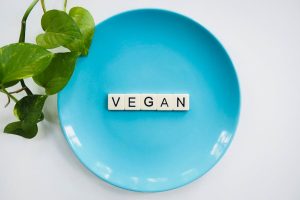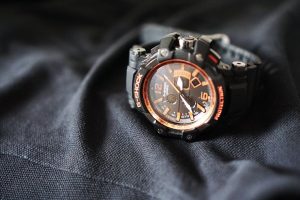From Tech to Fashion: Embracing the Ethical Lifestyle

Around 73% of millennials are willing to spend more money to purchase sustainable products, for we are living in times in which issues such as environmental degradation and workers’ rights are no longer within the exclusive realm of politicians. The current global health crisis has only deepened consumers’ interest in where the goods they buy are obtained and how they are manufactured. Today, items such as fair-trade ingredients, eco-friendly cleaning products, animal-friendly make-up, and buy-one-give-one apparel are making it clear that people are keen to make a difference to the world. If you are one of this group and you’d like to make ethical choices, aim to allow ethics to permeate your decisions in all your purchases – from those affecting the technology you use daily to the type of fashion you wear.
Ethical Technology
The everyday devices we rely upon – including smartphones, tablets, and laptops – all have a high impact on the Planet, owing to factors such as the mining of minerals and materials, long hours and minimal wages for workers, and the toxic disposal of waste products. In order to do your share, research into the companies you support is required. Leading electronic companies are making progress in eliminating conflict materials from their supply chains, but most still cannot claim their gadgets are 100% conflict-free. Just a few companies leading the way in terms of developing ethical minerals programs include Apple, HP, Motorola Solutions, and Intel. Just a few initiatives they have taken include using a smelter auditioning program, embarking on aid projects to help the Congo develop a clean minerals trade, and examining supply chains to identify the exact number of smelters.
Fashion with a Heart
Top fashion and jewelry companies are doing more than recycling and upcycling materials. They are also embracing new manufacturing processes that permit them to significantly lower their carbon footprints. In the fashion world, for instance, brands are using materials such as fishing nets to make ultra-sturdy jackets made to be used by a minimum of three wearers. High-fashion brands such as Stella McCartney, meanwhile, recycle all textiles that can be reused and water and energy conservation programs in place. Examples of sustainable fashion items include biodegradable shoe soles made from bioplastic (which degrade when composted), lingerie produced from organic cotton, and vegan leather jackets manufactured from cork, apple peels, or pineapple leaves
Cruelty-Free Jewelry
The Kimberly Process has done plenty to reduce the number of ‘blood diamonds’ from the jewelry market, but many established jewelry designers are embracing lab-grown diamonds as the ultimate ethical luxury product. This product is made in a lab from crystallized carbon, via the application of high pressure and heat. Lab-grown diamonds shine beautifully and boast the same sturdiness as the real thing. Moreover, they come in a wide range of colors, making them very much in line with the current popularity of yellow, green, and blue diamonds
Sustainable Home Design
Homes are also being built with sustainability in mind – thus the popularity of sustainable materials such as bamboo, concrete, and reclaimed wood. Modern homeowners are often opting for solar panels to provide their energy and many are choosing technologies that augment their conservation efforts. These include shower heads with water flow restrictors, energy efficient dishwashers and washing machines, and aerators in bathroom and kitchen faucets (these save almost four litres of water per minute).
Ethical living is enjoying a big boom among millennial and Gen-Z buyers. Embracing this lifestyle involves making reasoned choices for everything from the technology one employs to one’s choice of home construction. Fashion and jewelry are two more industries that are marrying luxury and sustainability with great success.






